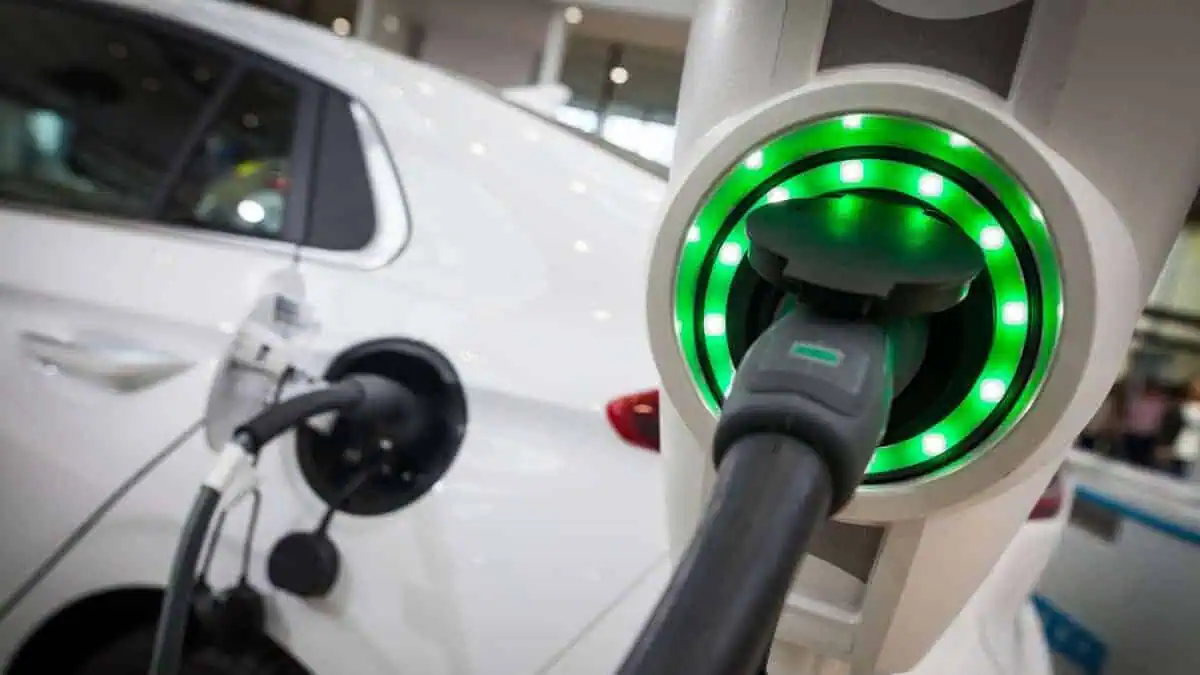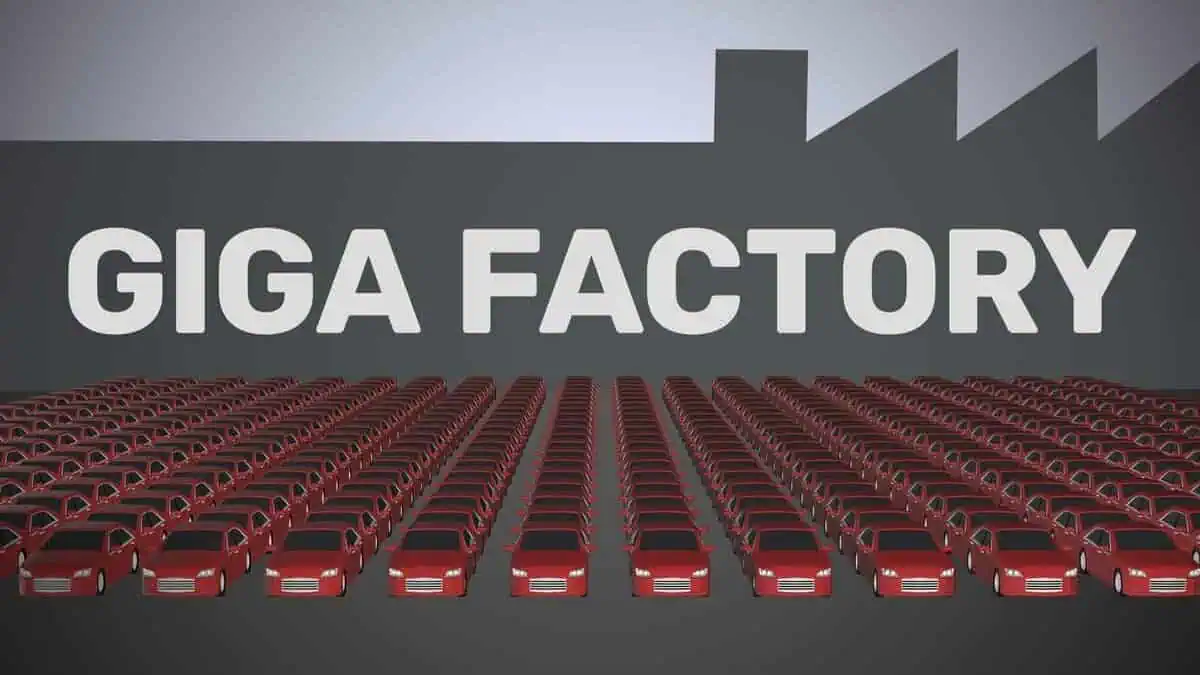The government of Switzerland announced an electric vehicle ban for “non-essential” trips to control energy consumption, as reported by Daily Mail. However, the country does not only focus on EVs but on almost all things that run on electricity.
Switzerland’s source of electricity
Approximately 60% of the nation’s electricity comes from hydroelectric power plants. It consists of generators positioned between lakes or dams built across rivers.
On the other hand, nuclear energy accounts for around a third of its electricity. However, it must be noted that the government has promised to phase out.
The rest is produced by combining conventional fossil fuel plants and solar or wind energy.
All that said, Switzerland generates sufficient electricity annually to keep the lights on. However, that number conceals significant month-to-month variations.
Why does Switzerland rely on imports?
Hydropower naturally rises in the spring and summer but declines in the autumn and winter since it depends on precipitation and snowmelt to fill rivers and reservoirs.
It implies that during the warmer, wetter months, the Swiss export enormous amounts of energy to their neighboring countries. On the other hand, the nation is importing energy during the colder months.
Measures under the nation’s emergency plans
The country’s emergency plan is separated into two categories: emergency and crisis. In the first and second, there are three and four degrees of restrictions, respectively.
The ’emergency’ measures
1st degree
The least severe “emergency” measures will ask citizens to set their washing machines to a maximum temperature of 40C. If a public facility is not a hospital or nursing home, it must be heated to no more than 20C.
2nd degree
A building’s maximum allowable temperature will drop to 19°C, and streaming services would be compelled to limit their video resolution to a standard rather than HD.
3rd degree
Shops will be requested to shorten their daily business hours by up to two hours and only use electric vehicles for necessary trips.
The “crisis” measures
1st degree
The usage of electric leaf blowers, hot water in public restrooms, and air conditioning in households are all part of the first degree of the crisis measure. All of these will be requested to be turned off in order to cut the energy usage of the nation.
2nd degree
Then escalators will be stopped, followed by commercial ice makers, outdoor Christmas lights, and so on up the scale.
3rd degree
Then, residents will no longer be permitted to light up sporting venues, switch out the lights in nightclubs, and close swimming pools.
4th degree
The strictest regulations would require all entertainment venues to close, and all sporting events, concerts, plays, and operas would be prohibited.
As evident with these stringent measures, Switzerland is concerned about a looming energy shortfall. That said, the government’s actions are only reasonable. To prevent exacerbating the energy crisis, its residents should actively follow these measures.






